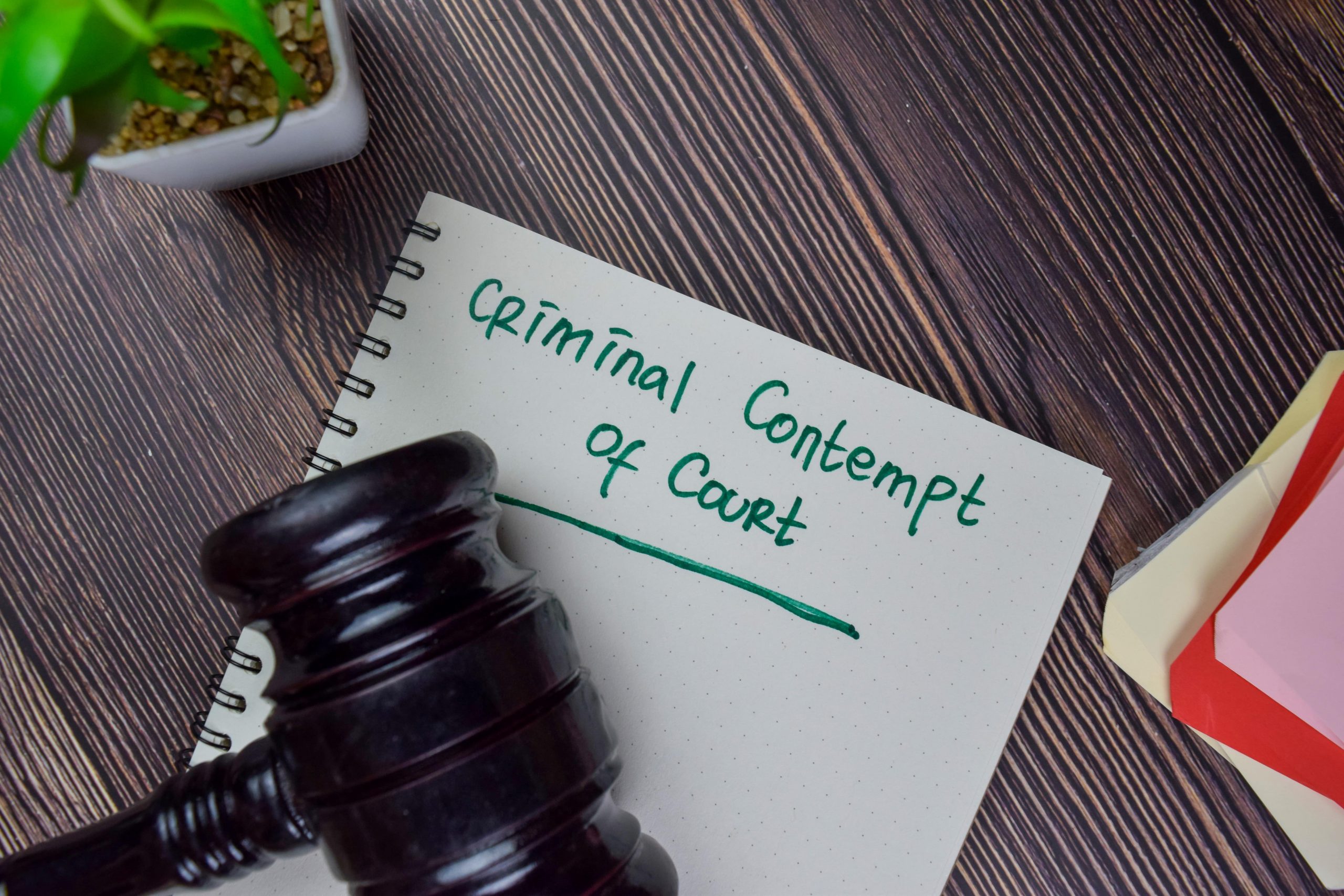Share This Article
ArrayJordan Shanks, more commonly known as ‘Friendlyjordies’, and whistle-blower Troy Stolz are currently facing criminal contempt proceedings, initiated by ClubsNSW.
Initially, ClubsNSW and Stolz, who was a former employer, were embroiled in an ongoing legal battle over his alleged unlawful use of confidential information.
This included his decision to work with journalists to publish details about clubs’ alleged non-compliance with anti-money laundering laws.
ClubsNSW’s statement of claim relies on a series of email exchanges Stolz had with journalists at the Sydney Morning Herald, Australian Financial Review, 60 Minutes, Australian Broadcasting Corporation, and Daily Telegraph in 2020.
They allege that rather than acting as a ‘whistle-blower’, he was doing so for his own commercial gain.
In November 2021, Stolz was restrained from peaking publicly about the case in any manner calculated to “intimidate, harass, or otherwise bring improper pressure” on it during the proceedings.
During the proceedings, Stolz was tragically diagnosed with cancer, and is still currently fighting the disease.
Two months ago, a video was posted on the ‘Friendlyjordies’ YouTube channel which featured an interview with Stolz, conducted by producer, Kristo Langker.
In this video, titled “The Legal way to take a life”, the case was discussed, as well as Stolz’s bleak prognosis.
ClubsNSW subsequently wrote to Shanks, detailing that he was in contempt of court, with the video removed by YouTube.
However, the lobby is nevertheless pursuing an application to the federal court seeking contempt proceedings be brought against Stolz and Shanks.
The application details that Shanks: “knowingly assisted Mr Stolz to disobey and breach the November 2021 order and has, himself, published statements that scandalise the court and have a tendency to interfere with the due administration of justice.”
The application was also initially subjected to a suppression order, with the court recently declining to make any further suppression order past the decided interim period.
The contempt application was listed for a Directions Hearing on 23 September 2022, with Shanks and Stolz both advising the court that they were ‘not guilty’.
The matter will be listed for hearing next year, to determine.
Against this backdrop, it is notable that the NSW Crime Commission will shortly provide its findings as a result of investigations into money laundering in licensed venues.
The Commission has previously raised alarms over the use of the state’s poker machines for money laundering.
The legislation governing contempt of court, will depend upon the jurisdiction in which the alleged offence has occurred.
Contempt of Court Offences and Penalties in New South Wales
In the Local Court, contempt of court is criminalised under section 24 of the Local Court Act 2007 (NSW), whereas in the District Court it is criminalised under section 199 of the District Court Act 1973 (NSW).
Part 55 of the Supreme Court Rules 1970 (NSW) criminalises contempt of court in Supreme Court.
A maximum penalty of a $2,200 fine and/or 28 days imprisonment is applicable to the offence.
What is Criminal Contempt of Court?
Contempt of court is defined as an act which has the tendency to interfere with or undermine the authority, performance, or dignity of the courts or those who participate in their proceedings.
Where it is alleged that a person is in contempt, the Court may order the person to be brought before the court or issue a warrant for their arrest.
When the person is brought before the Court, the Court will advise the person that they have been charged with contempt and require the person to provide a defence to the charge, if any.
The matter of the charge will then be determined, with an order for the punishment or discharge of the accused person, subsequently made.
The Court has the authority to direct that the accused person be kept in custody pending disposal of the charge.
The Supreme Court retains authority to order the release of an offender, where they have been sentenced to imprisonment for the offence, and the term is yet to expire.
Prosecutions for contempt of court usually arise due to misbehaviour in a courtroom.
Examples of Contempt of Court Cases
Examples of contempt of court include disobeying court orders, refusing to answer questions at court, refusing to take an oath or affirmation, refusing to answer a subpoena requiring attendance to give evidence, or refusing to leave a courtroom after being directed to do so.
Other interesting case examples are briefly outlined below:
In the case of Prothonotary v Wilson [1999] NSWSC 1148, a plaintiff in civil proceedings was held to be in contempt after they threw a bag containing yellow paint at the Judge, and another at the Judge’s associate and a court reporter.
In Prothonotary of the Supreme Court of NSW v Katelaris [2008] NSWSC 389, an offender was held in contempt after making insulting remarks to a jury, after being found guilty.
However, mere ‘acts of rudeness’, discourtesy, or even extreme discourtesy on the part of legal practitioners have been held to not amount to contempt.
In Toner v Attorney General for NSW, a trial advocate’s contempt conviction was overturned on appeal, after the Court found that a heated exchange in which the counsel shouted at a Judge, was insufficient to comprise contempt.
Commencing proceedings for contempt of court is a ‘last resort’ and warnings, directions to leave a courtroom, or ensuring a person has received legal advice, are options that may be taken prior.
Book a Lawyer Online
Make a booking to arrange a free consult today.
Call For Free Consultation
Call Now to Speak To a Criminal Defence Lawyer
Over 40 Years Combined Experience
Proven SuccessAustralia-Wide
Experienced LawyerGuarantee
 (02) 8606 2218
(02) 8606 2218
 (02) 8606 2218
(02) 8606 2218












